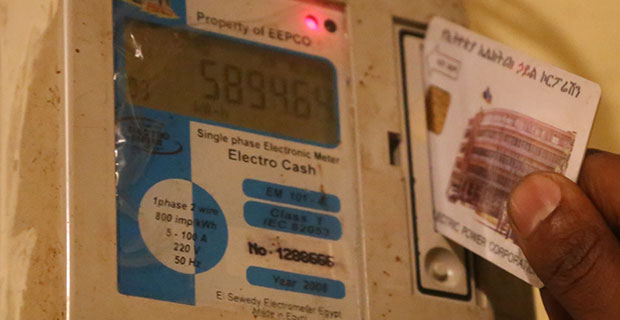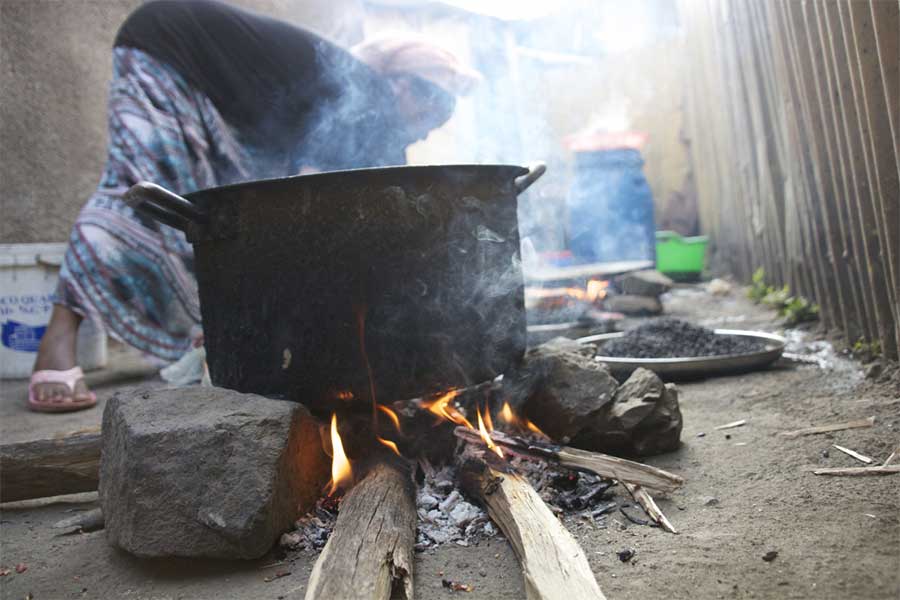
Fortune News | Aug 18,2024
An early arrival home with perfectly ripe avocados sparked a culinary whim. It had been a while since I ventured into the kitchen. While no professional, I gleaned some skills during a West African sojourn four years ago. My repertoire boasts basic omelettes, pasta dishes, and, most notably, a mean Shiro – a feat that always impressed my expat colleagues whenever I mustered the courage to cook it.
This time, inspired by the avocados, I decided to make guacamole, a simple but globally adored Mexican dip. A quick YouTube refresher felt prudent, as cooking can be deceptive. Even seemingly effortless dishes, in the hands of a pro, can morph into burnt offerings, unevenly cooked messes, or flavourless flops.
The two-minute video laid out the essentials: avocado, lime, cilantro, white onions, tomatoes, green pepper, and oregano. Improvisation became necessary – lemon for lime, red onions instead of white, green pepper subbing for cayenne, and nixing the cilantro and oregano altogether.
Further exploration on YouTube yielded conflicting advice. An American-accented chef preached seed removal from the pepper, while a Hispanic counterpart strongly advised against it. Deferring to the latter, given guacamole's roots, felt like the more culturally sensitive choice.
With clear steps, a sense of calm descended. Prep flew by in under 10 minutes, and following a plan made a world of difference. Simple details, like tempering the onion's bite in warm water, enhanced the dish. Dicing the pepper and tomatoes unlocked their flavours, while the avocados achieved the perfect chunky-smooth balance.
The guacamole was a delightful success and elevated our family dinner. Although there was a deviation from the traditional tortilla, we enjoyed it with regular bread. It was a culinary adventure and a refreshing escape from routine for me.
My guacamole adventure was a testament to the joys of hands-on activity. It served as a springboard for a broader reflection and reminded me of a friend in Germany who, despite owning a dishwasher, occasionally hand-washed dishes. His reasoning was a yearning for hands-on activity. In our automated world, dependence on machines can sever our connection to manual tasks. Cooking, cleaning, gardening – any hands-on activity – offers a delightful path to unwind and feel productive.
We usually delegate tasks due to busy schedules. Working parents rely on childcare and domestic help. Many juggle demanding jobs with essential household duties.
The COVID-19 lockdowns blurred the lines between work and family life for parents working from home. While our country's restrictions were lax, other parts of the world faced stricter measures. Crying children became unwelcome background noise during business calls. Remote work, while offering some parents more time with their children by eliminating commutes and childcare needs, also blurred the line between work and home life.
I recall a young mother, stretched thin, managing chores while caring for an infant. Even with her husband's help, the workload felt overwhelming, leading to sleep deprivation and recurring health issues. The pressure is twofold for single parents, particularly women, who face even steeper hurdles. Juggling work and family responsibilities solo is a colossal feat.
The gendered division of labour has deep roots, harkening back to the days of hunter-gatherers. However, these days, despite contributing financially, women usually shoulder the burden of housework, leading to work-family conflict. The disparities are most pronounced in couples with children and persist even in developed nations.
Studies reveal that globally, women with children dedicate significantly more time to housework than men, even in developed nations. According to the European Institute for Gender Equality, a staggering 91pc of women with children spend at least an hour daily on housework, compared to a mere 30pc of men. Employed women dedicate up to three hours daily to housework, while employed men dedicate just over an hour.
Cultural norms can also make women hesitant to accept help from their partners. Understanding these realities and contributing to household chores is valuable. It brings appreciation for the contributions of others and the sacrifices made by those who handle these tasks regularly. Sharing the burden cultivates a deeper sense of empathy and cooperation in our daily lives.
What started as a simple guacamole-making session turned into a thoughtful exploration of the value of manual tasks in a busy, modern life. While I revel in the occasional culinary feat, the reality is that household chores are a necessary part of life. Sharing this responsibility, challenging outdated gender norms, and recognising the invisible labour that goes into maintaining a home are the true recipes for a more equitable and harmonious household.
PUBLISHED ON
Jun 29,2024 [ VOL
25 , NO
1261]


Fortune News | Aug 18,2024

Fortune News | Jul 08,2019

View From Arada | Feb 15,2020

Viewpoints | Nov 05,2022

Commentaries | Apr 15,2023

Commentaries | Sep 08,2024

View From Arada | Jan 24,2021

Fortune News | Nov 06,2021

Fortune News | Jan 28,2023

Life Matters | May 31,2025

Dec 22 , 2024 . By TIZITA SHEWAFERAW
Charged with transforming colossal state-owned enterprises into modern and competitiv...

Aug 18 , 2024 . By AKSAH ITALO
Although predictable Yonas Zerihun's job in the ride-hailing service is not immune to...

Jul 28 , 2024 . By TIZITA SHEWAFERAW
Unhabitual, perhaps too many, Samuel Gebreyohannes, 38, used to occasionally enjoy a couple of beers at breakfast. However, he recently swit...

Jul 13 , 2024 . By AKSAH ITALO
Investors who rely on tractors, trucks, and field vehicles for commuting, transporting commodities, and f...

Oct 18 , 2025
The political establishment, notably the ruling party and its top brass, has become p...

Oct 11 , 2025
Ladislas Farago, a roving Associated Press (AP) correspondent, arrived in Ethiopia in...

Oct 4 , 2025
Eyob Tekalegn (PhD) had been in the Governor's chair for only weeks when, on Septembe...

Sep 27 , 2025
Four years into an experiment with “shock therapy” in education, the national moo...